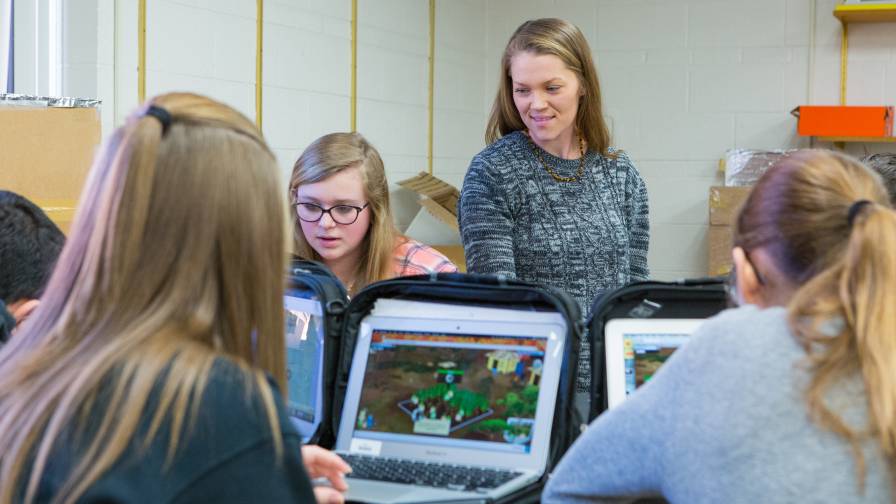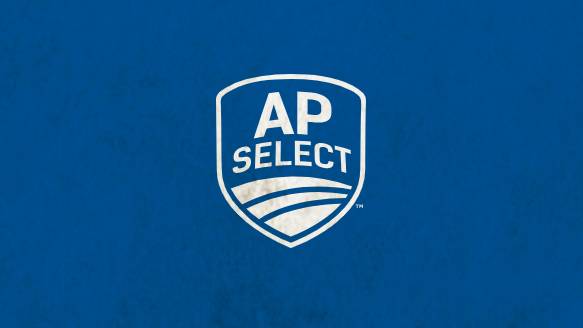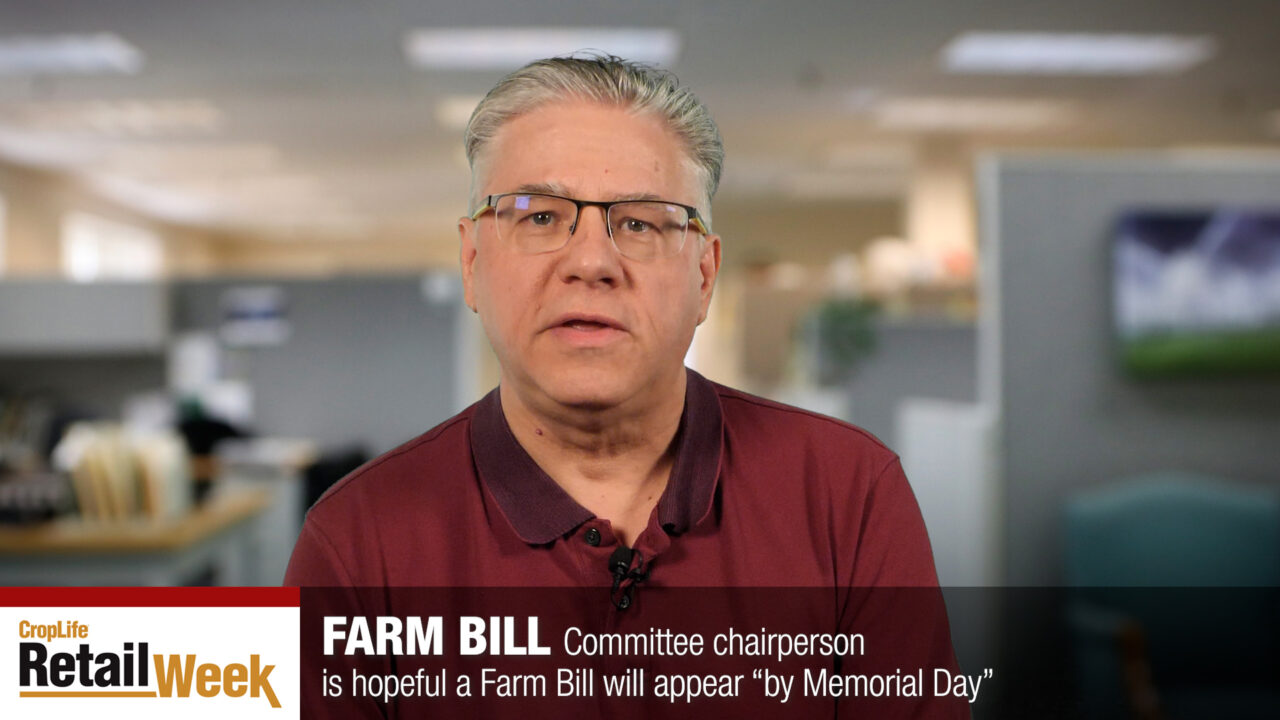Nutrients For Life Foundation Celebrates 10 Years Teaching Fertilizer Education

Nutrients for Life Foundation’s STEM-based curriculum bolsters science programs, promotes students’ critical thinking and a global view, and helps youth connect responsible fertilizer use to sustaining a growing population.
Those in agriculture know fertilizer is a vital ingredient to grow strong, productive crops. In fact, fertilizer is responsible for 50% of the world’s food production. However, growers, crop nutrient suppliers and fertilizer manufacturers risk their social license to operate if the public doesn’t understand the benefits of fertilizer and its role in producing nutritious food.
The only education voice for fertilizer, Nutrients for Life Foundation, is celebrating 10 years in the classroom this year. The Foundation provides teachers with free science-based resources that meet national and state teaching standards.
“Fertilizer truly is life’s main ingredient and we need healthy soils to grow plants that become nutritious food,” says Harriet Wegmeyer, executive director of Nutrients for Life Foundation. “Our goal is to teach tomorrow’s leaders the importance of fertilizer in feeding an ever-growing world population.”
Since it was founded in 2004, nearly 30 million people have been impacted by a touchpoint with Nutrients for Life Foundation resources and outreach. The Foundation’s first curriculum “Nourishing the Planet in the 21st Century” for high school and middle school was published in 2007. It has since published an elementary version of the curriculum, built digital resources and a partnership with Discovery Education, and created environmental science curriculum for advanced placement (AP) courses. Its resources are distributed roughly equal among urban, suburban and rural schools, and Nutrients for Life Foundation reaches more than five million students annually.
“Few people understand how much science goes into producing an ear of corn or a bright red strawberry,” says Wegmeyer. “By presenting content that is science-based and discussing the social, economic and environmental challenges of growing food with limited land and resources, we’re empowering the next generation of innovators and decision-makers.”
Without Nutrients for Life, plant nutrients and soil science topics would not be taught in many schools. The Foundation’s STEM-based curriculum bolsters science programs, promotes students’ critical thinking and a global view, and helps youth connect responsible fertilizer use to sustaining a growing population.
“It’s important for students to understand these elements come from the earth and they are nutrients that we need for our bodies. It’s the same potassium that’s on the periodic table, that’s in the ground, that helps the plant grow,” says Melinda Nunnikhoven, a middle school science teacher using Nutrients For Life curriculum.
A new video filmed in Nunnikhoven’s classroom shows students interacting with the curriculum:
A united voice for the fertilizer and agriculture industry
Legislative, regulatory and non-government organization activities, including legal action pertaining to nutrients in the environment, are taking place on national, regional, state and local levels. Without engaging communities and building public trust, the fertilizer industry and agriculture faces a losing proposition.
“Most people have no idea how progressive we are as an industry. For example, our growers are implementing 4R Nutrient Stewardship to use fertilizer responsibly and protect the environment,” says Lindsey Verhaeghe, corporate responsibility specialist for Agrium. “We’re working with students today because they are our next generation of employees, growers, stakeholders and consumers.”
The Foundation’s supporting members recognize education as essential to demonstrating agriculture’s sustainability efforts to the public. The nonprofit’s on-the-ground representatives work in priority regions to build relationships in local communities.
Verhaeghe says she uses Nutrients for Life resources to promote the benefits of fertilizer with a shared voice and because the content is vetted and credible with teachers.
“Education is the responsibility of all of us. Contributions from companies large and small, and individual donors, help carry a strategic effort that educates our communities and protects the future of agriculture,” says Verhaeghe.






